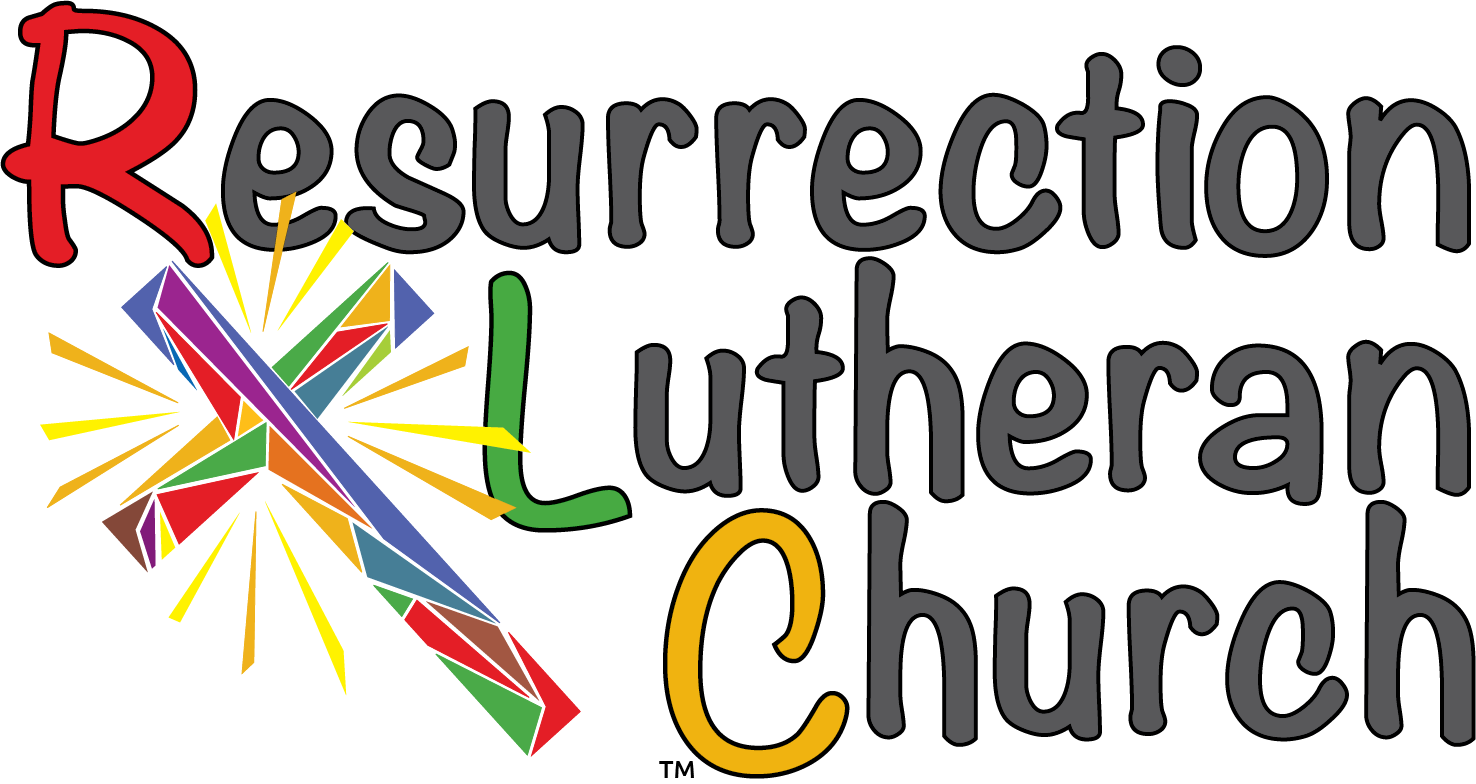Performance and Broadcast Content Standards and Practices
Users (including producers, directors and performers (“Users”) of Resurrection Lutheran Church, the Juneau Live! program and the television studio (“RLC”) are expected to follow these Performance and Broadcast Content Standards and Practices.
Resurrection Lutheran Church Mission
The Mission of Resurrection Lutheran Church is to promote spiritual growth in Christ and service to all people.
Juneau Live! Program Goals
The Juneau Live!™ Community Access Outreach Pilot Program consists of three interrelated components together helping the isolated and marginalized people in our area access and participate in community activities. The first is a pilot outreach program to assist individuals and families connect (and stay connected) to Juneau Live! interactive video programming, hybrid teleconference meetings, telemedicine, and other online services. The second is soliciting community access programming, and helping contributors produce content or host events in the Juneau Live! studio. Lastly, is to use the first two parts of the program to afford youth organizations and schools educational opportunities (for youth and adults) in live-video production.
No Endorsement or Advocacy
Use of facility does not constitute or imply endorsement of User, their mission, or their positions. User may not to advertise the event in such a way as to imply endorsement by RLC. No political activities or advocacy may take place at the facilities o, or that conflict with the mission or practices of RLC(all determined in the sole discretion of RLC).
Compliance with Laws
Users are solely, entirely, and completely responsible for the content. Programs cannot contain advertising, solicitation for funds, lotteries, or any statements, pictures or sound which violate city, state or federal laws, including those relating to obscenity, defamation, slander or libel.
Rights and Licenses to Perform or Broadcast
If your program contains material which requires appropriate rights from broadcast stations, networks, sponsors, music licensing organizations performers, representatives, copyright holders and any other persons as may be necessary for performing, streaming, you MUST provide written proof that these rights have been granted. You are required to clear all copyright. RLC has obtain certain performance and streaming rights, as your use agreement.
Potentially Controversial Content
Recognizing that some programs with artistic, social or literary merit may contain content or language considered offensive to some viewers, RLC recognizes its obligation to alert its viewers to potentially controversial or offensive material as determined by community standards. A program’s producer has the responsibility to aid RLC in this regard by informing tRLC of program material that may, in the producer’s opinion, require program advisory. RLC reserves the right to employ viewer warnings and schedule programs to reduce viewer problems. At RLC’s discretion, programs may be required to:
- contain a program disclaimer/warning at the beginning of the program;
- have a warning listed in the program schedule; and
- listed as not made for children.
Obscene Material
Obscene material is not protected by the First Amendment and cannot be broadcast at any time. To be obscene, the material must have all of the following three characteristics:
- An average person, applying contemporary community standards, must find that the material, as a whole, appeals to the prurient interest;
- The material must depict or describe, in a patently offensive way, sexual conduct specifically defined by applicable law; and
- The material, taken as a whole, must lack serious literary, artistic, political, or scientific value.
Indecent Material
Indecent material is protected by the First Amendment, so its broadcast cannot constitutionally be prohibited at all times. However, the courts have upheld Congress’ prohibition of the broadcast of indecent material during times of the day (and/or appropriated marked) when there is a reasonable risk that children may be in the audience, which has determined to be between the hours of 6 a.m. and 10 p.m. Indecent programming is defined as “language or material that, in context, depicts or describes, in terms patently offensive as measured by contemporary community standards for the broadcast medium, sexual or excretory organs or activities.”
Profane Material
Profane material also is protected by the First Amendment so its broadcast cannot be outlawed entirely. It has defined this program matter to include language that is both “so grossly offensive to members of the public who actually hear it as to amount to a nuisance” and is sexual or excretory in nature or derived from such terms.
